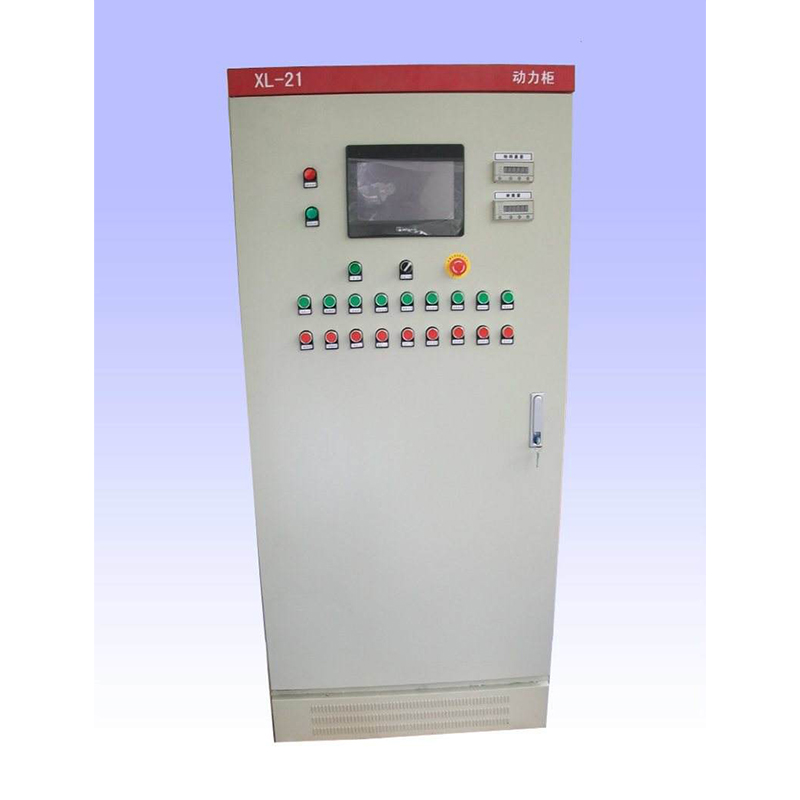
Dec . 04, 2024 16:27
Back to list
Gas Purification System for Improved Air Quality and Emission Control
The Importance of Gas Purification Systems
In our rapidly industrializing world, the demand for clean air and safe environments has never been more pressing. One of the critical technologies advancing in this arena is the gas purification system. These systems serve a vital role in various sectors, including manufacturing, pharmaceuticals, and environmental protection, by removing harmful contaminants from gases before they are released into the atmosphere.
Gas purification systems are designed to filter out a wide range of pollutants that can have detrimental effects on both health and the environment. Common contaminants include particulate matter, volatile organic compounds (VOCs), sulfur dioxides, nitrogen oxides, and various other toxic compounds. By implementing efficient gas purification technologies, industries can significantly reduce their environmental footprint while adhering to increasingly stringent air quality regulations.
Types of Gas Purification Technologies
There are several types of gas purification technologies currently in use, each tailored to target specific pollutants. Among the most widely used are
1. Activated Carbon Filters These systems utilize activated carbon's extensive surface area to adsorb harmful gases. They are particularly effective at capturing VOCs and are often used in both industrial applications and air quality control in buildings.
.
3. Electrostatic Precipitators These machines use electrical charges to remove particulates from industrial exhaust gases. They are particularly effective for capturing fine dust and smoke from power plants and manufacturing facilities.
جهاز تنقية الغاز

4. Catalytic Converters Commonly used in automotive applications, catalytic converters facilitate chemical reactions that convert harmful gases into less harmful emissions. They are essential for reducing nitrogen oxides, carbon monoxide, and hydrocarbons in vehicle exhaust.
5. Membrane Separation Technologies Membranes can selectively allow certain gases to pass through while blocking others. This technology is becoming increasingly important for processes that require the separation of gases, such as in the production of hydrogen or in natural gas processing.
Economic and Environmental Benefits
Investing in gas purification systems can yield significant economic benefits. Companies that adopt state-of-the-art purification technologies can often realize lower operational costs, enhanced efficiency, and improved regulatory compliance. Furthermore, maintaining a clean and safe working environment not only protects employees’ health but also fosters a positive corporate image.
From an environmental perspective, reducing the emissions of harmful gases contributes to better air quality and mitigates climate change. Approximately 7 million people die prematurely each year due to air pollution, according to the World Health Organization. By mitigating the release of harmful gases through effective purification processes, industries can play a crucial part in safeguarding public health.
Conclusion
Gas purification systems are an essential component of modern industrial practices. As technology continues to evolve, we can expect to see even more sophisticated systems emerging to tackle the ever-growing challenge of air pollution. By prioritizing the implementation of these technologies, industries not only comply with regulations but also champion a sustainable future. As consumers increasingly demand environmentally responsible practices, the adoption of effective gas purification measures will be pivotal in shaping cleaner, healthier environments for generations to come. In this light, investing in gas purification technologies is not merely an operational choice but a moral imperative that aligns with global efforts towards sustainability and environmental stewardship.
Latest news
-
Safety Valve Spring-Loaded Design Overpressure ProtectionNewsJul.25,2025
-
Precision Voltage Regulator AC5 Accuracy Grade PerformanceNewsJul.25,2025
-
Natural Gas Pressure Regulating Skid Industrial Pipeline ApplicationsNewsJul.25,2025
-
Natural Gas Filter Stainless Steel Mesh Element DesignNewsJul.25,2025
-
Gas Pressure Regulator Valve Direct-Acting Spring-Loaded DesignNewsJul.25,2025
-
Decompression Equipment Multi-Stage Heat Exchange System DesignNewsJul.25,2025

